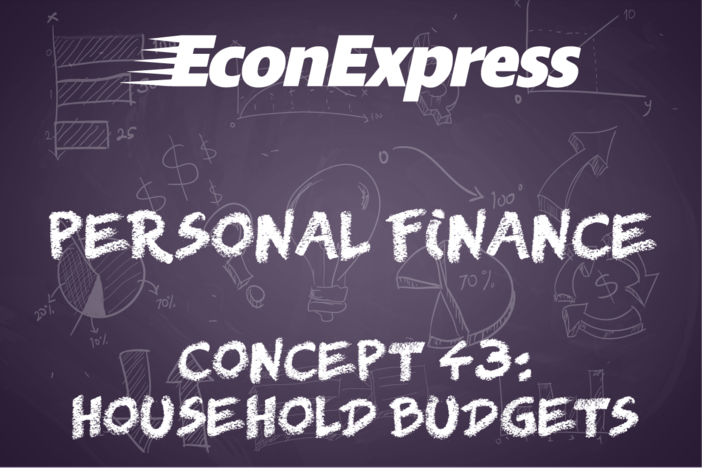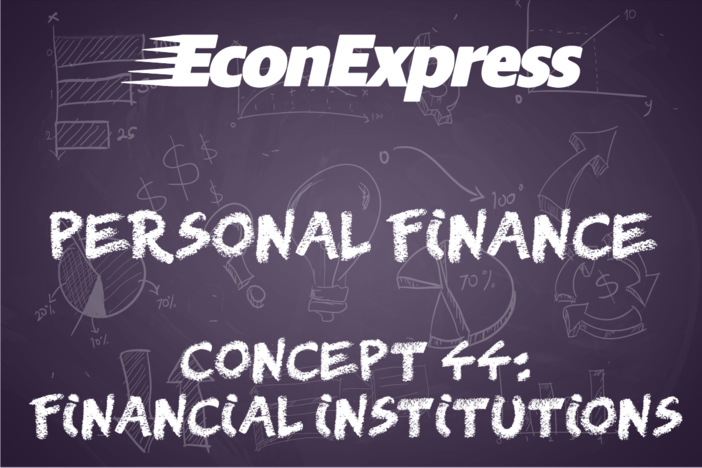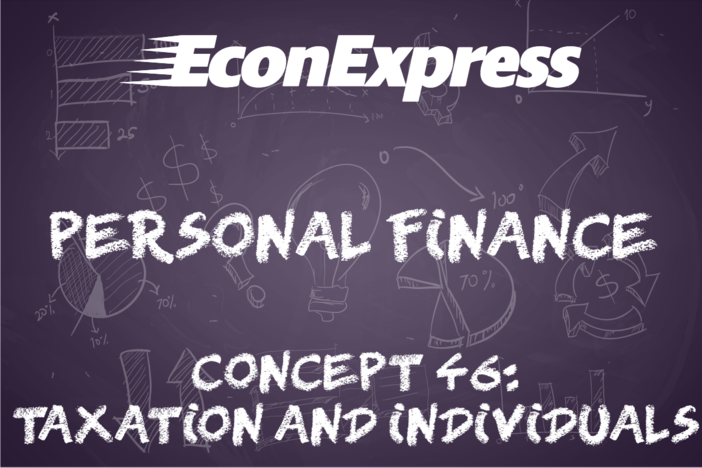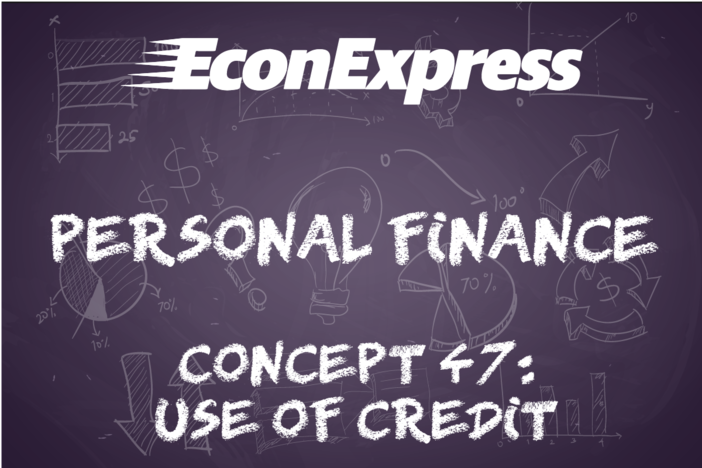Concept 43: Household Budgets
Overview: Everyone can use them and everyone can benefit from them. Learn how household budgets work and can help achieve short and long term goals in this lesson.
Learn
Beginner
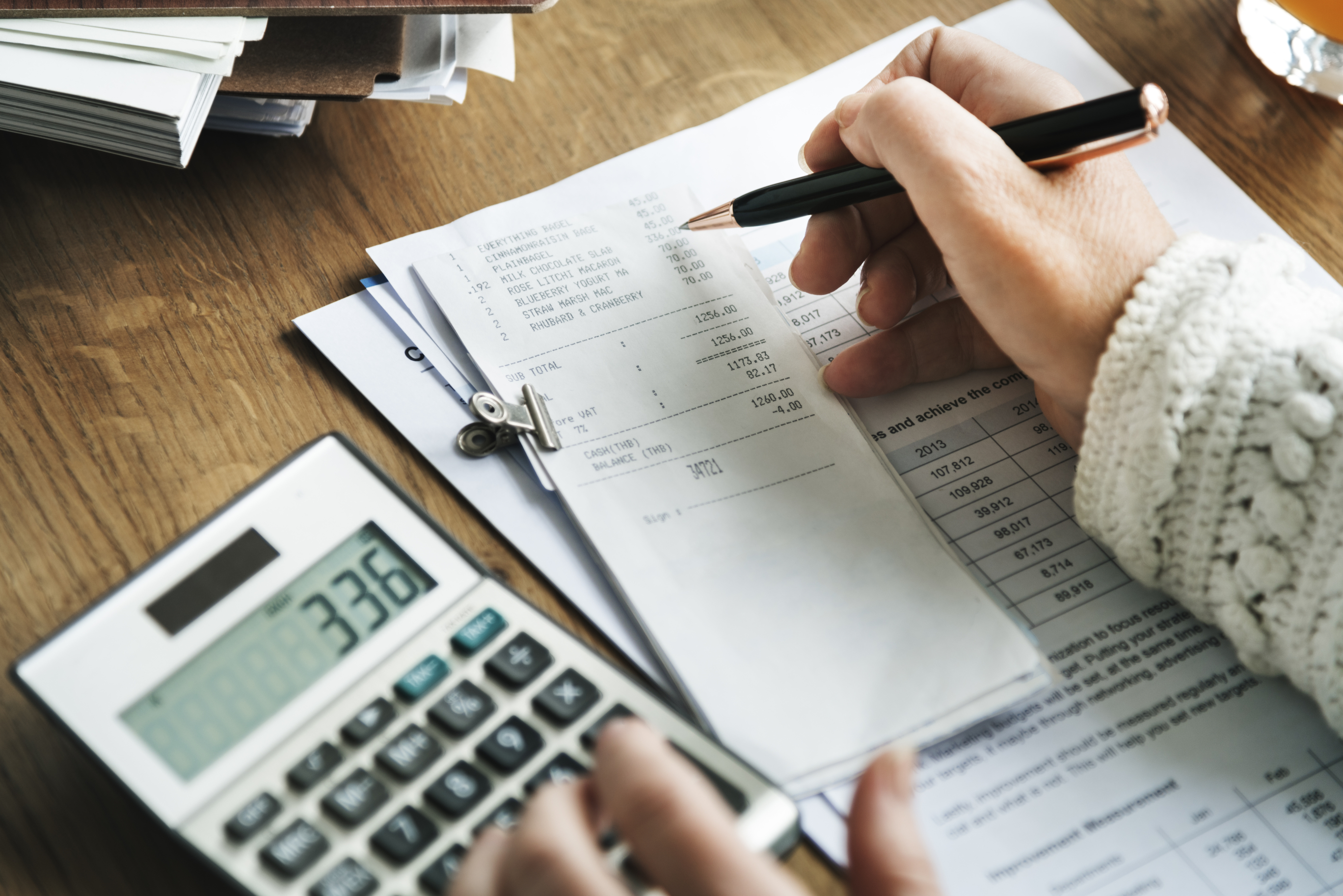
A household budget is a plan to manage money by monitoring your income and tracking your expenses. Budgets can be written out using paper and pencil, or you can create one using budgeting apps or websites where the technology will guide you. A monthly budget (the most common type) lists all of the income a household brings in each month and the expenses that the household must pay each month. Using a budget helps people keep track of their spending, live within their means and plan for future expenses.
Intermediate
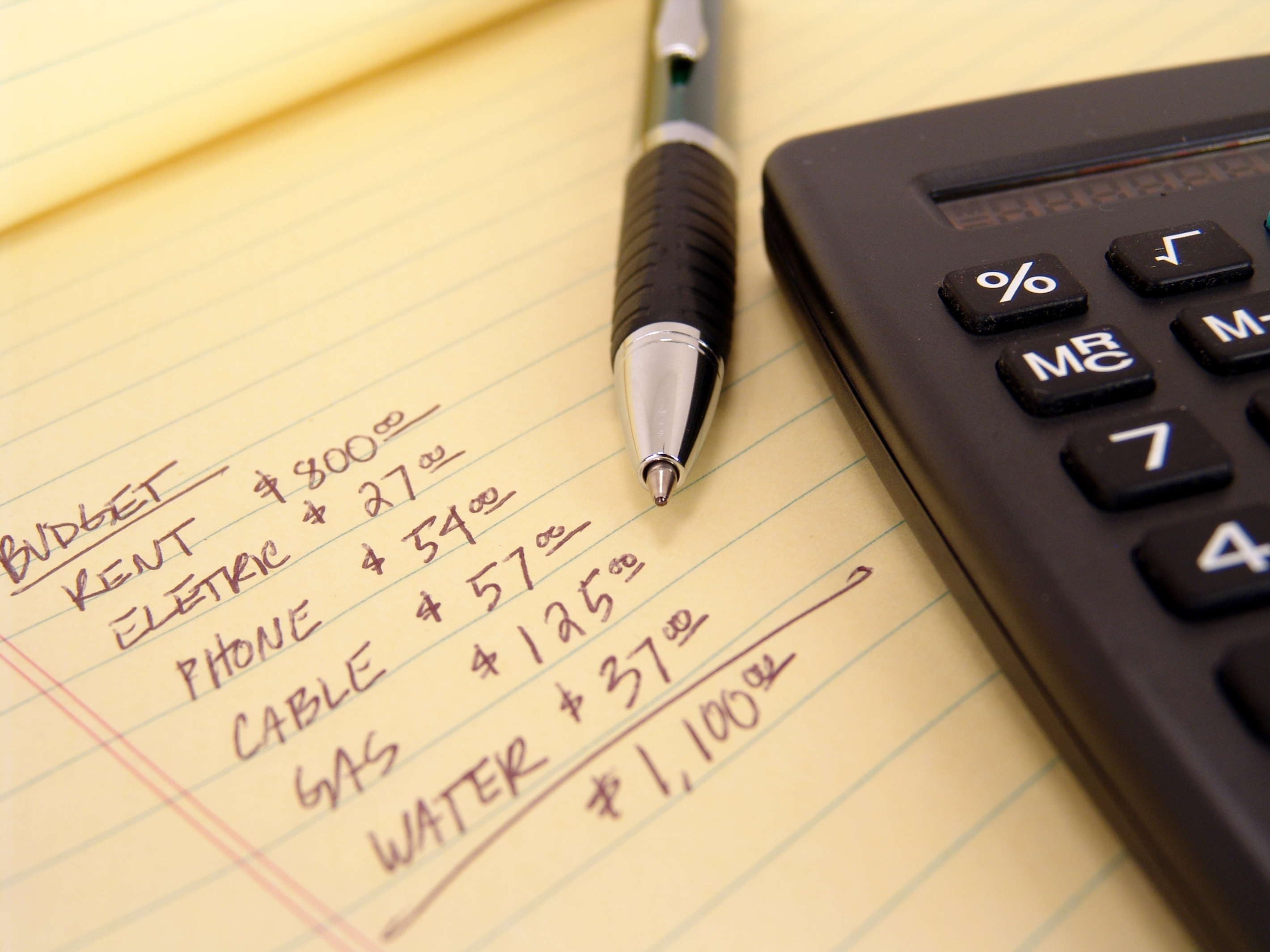
Planning and living by a budget can be a challenge. To create a realistic and successful budget, it is important to track and categorize ALL spending, no matter how small. Many experts suggest writing down everything you spend, from small purchases at vending machines to larger purchases, for a week or two. At the end of the month, add up all of your spending and look for specific habits, like how much you spend on eating out, gas or streaming services. You might be surprised to see where your money goes!
For many people, income is predictable, but it may vary month to month if a source of income is based on tips, commission, contracts or something similar. Waiters, car salespeople, Lyft drivers, real estate agents and home remodelers all experience these ups and downs. In this case, using a monthly average may be useful.
Expenses generally have two sets of characteristics. They are either fixed or variable and they are either planned or unplanned. Fixed expenses are always the same, like car payments insurance, and rent or mortgage payments. Variable expenses are a little harder to plan for because the amount changes, like gas, entertainment or eating out. That’s why tracking expenses over time is so important. The vast majority of your expenses should be planned, but it is also important to prepare for surprise expenses like car or home repairs, medical bills or spontaneous trips or experiences you didn’t expect. For these situations it is extremely important to have a section of the budget dedicated to savings – money that is set aside for unplanned future use. Some experts recommend putting up to 3 months of planned expenses aside in an emergency fund to deal with surprises.
Advanced
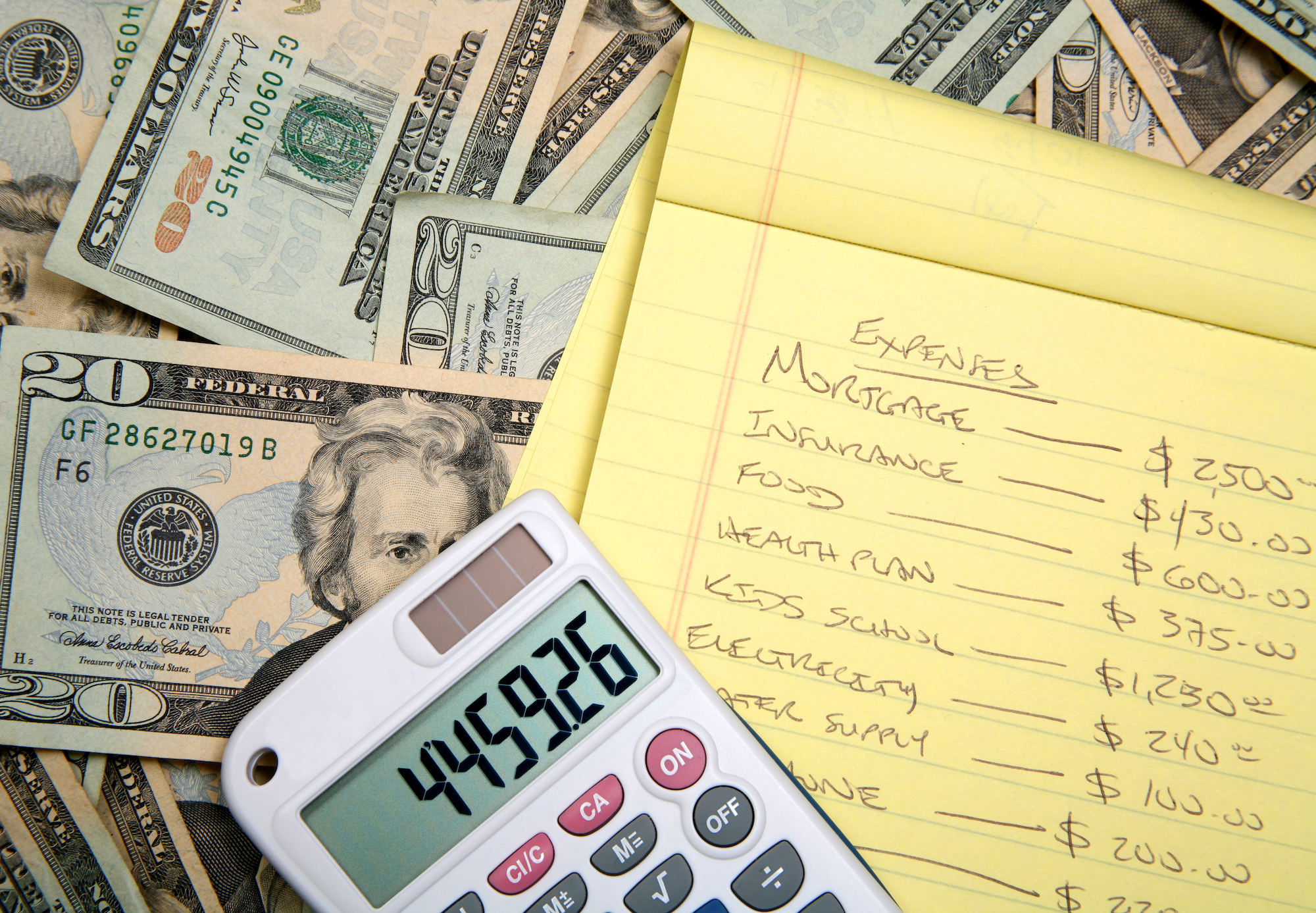
Not all budgets are the same. People have different financial goals and preferences, so it is important for everyone to pick a budget that works best for them. A 50/30/20 budget splits income across three major categories: 50% goes to necessities, 30% to wants and 20% to savings and debt repayment. This budget is appealing to many because it is flexible and gives you room to pay down debt, cover current costs and save for future expenses. Distinguishing necessities from wants can be difficult, however.
The envelope system is another popular method for budgeting. Once you create your spending categories, label a plain white envelope for each category. Put your budgeted money in the corresponding envelopes and spend from there. Once an envelope is empty, you can’t spend any more on that category.
The pay yourself first budget is a flexible system in which you decide how much to set aside from your monthly income for a savings goals like retirement and your emergency fund, then use the rest for bills and other costs. The zero-based budget works well for over-spenders and meticulous planners alike. It makes monitoring your spending clear. You take your monthly income and use every dollar in a certain way until there are zero dollars left, and income exactly equals expenses. Whatever method is chosen, budgeting is a critical skill to learn on the path to financial security.
Click a reading level below or scroll down to practice this concept.
Practice
Assess
Below are five questions about this concept. Choose the one best answer for each question and be sure to read the feedback given. Click “next question” to move on when ready.
Social Studies 2024
Analyze the basic components of a personal budget including income, expenses (fixed and variable), and the importance of short-term and long-term savings.

